Enter the drones: How UAVs will change the world
Amazon's drone plans were met with derision, but unmanned aircraft could benefit a wealth of industries.

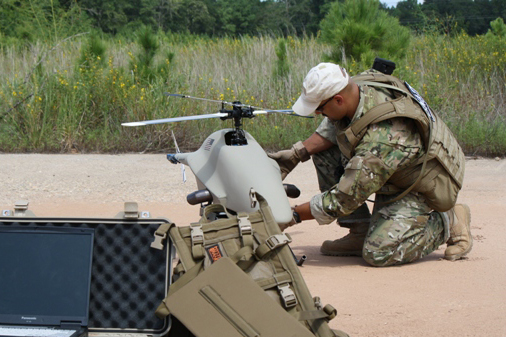
Drones are deemed by many to be privacy-invading precursors to Skynet, heralding a terrifying age where constant mass surveillance by robots is part of everyday existence.
Thanks also to numerous US military assassinations of foreign targets using drones known by their makers as unmanned aerial vehicles (UAVs) the devices are largely seen in a negative light.
Yet their potential uses in the commercial world are vast and, ostensibly, positive. The agriculture and mapping industries are expected to buy up the lion's share of UAVs in the coming years, whilst delivery of various products, from books to drugs, could be carried out by drone armies in the near future.
It was odd then that Amazon's revelation it was testing drones for delivery was met with widespread scorn by manufacturers. It was just a PR stunt, many crowed. "They know it won't happen, we know it won't happen," says Nigel King, director of QuestUAV, a UK-based provider of mapping drones. "Forget Amazon."
Taking on the bureaucrats
Others, however, believe Jeff Bezos's announcement will spur on the drone industry. One of the biggest impacts Amazon is likely to have is at a regulatory level because it is large enough to lobby global governments to allow for wider use of UAVs.
"I don't think Amazon did this largely for PR," says Andreas Raptopoulos, founder of Matternet, which has created networks of autonomous drones for delivery. "This is a hugely positive thing, it provides market validation.
Sign up today and you will receive a free copy of our Future Focus 2025 report - the leading guidance on AI, cybersecurity and other IT challenges as per 700+ senior executives
"A startup like us, we have very good ties with people doing regulatory strategy, but we are in no position to influence.
"I will be really interested to see if they take an active role in influencing how we regulate these things."
Regulation remains the biggest barrier to widespread adoption of UAVs. In both the UK and the US, any organisation controlling a drone has to keep their machines within the line of sight of the pilot. They're not allowed at all in London, due to privacy and safety concerns.
I don't think Amazon did this largely for PR. This is a hugely positive thing, it provides market validation.
Regulators are understandably tetchy about letting drones either run autonomously, a fear which Raptopoulos wants to assuage, or allowing them to be controlled from afar by potentially complacent or untrained pilots.
Rightly, security concerns remain. In late 2013, a researcher showed how he was able to take control of a consumer drone, created by Parrot AR, simply using a Raspberry Pi, a charger, a wireless transmitter and the password cracker aircrack-ng. This "Skyjack" technique might not affect any commercial drones, but it highlights the potential for serious attacks.
Government-sponsored hackers are interested in learning more about drones too. Earlier this year, FireEye researchers uncovered a swathe of spear phishing attacks that had one thing in common: they all contained lures related to unmanned vehicles and targeted bodies working on them. Government and academia involved in UAV research were also hit, as part of Operation Beebus'.
Industry players are desperate for governments to promptly address regulation, hoping they will provide the standards, from protocols to necessary drone components, which will give the nascent industry a boost.
"We are begging for government regulation because manufacturers don't know what to build towards because they don't know what the safety requirements will be," says Ben Gielow, government relations manager and general counsel for the Association for Unmanned Vehicle Systems International (AUVSI).
"Everything is waiting on the US Federal Aviation Administration writing the safety rules." The situation is "not totally dissimilar to what is happening in Europe", Gielow adds. In the UK, Civil Aviation Authority officials will need convincing. If UAVs are to cross borders, there will be a need for international harmonisation too.
Better technology will play a part in making UAVs more agreeable to regulators. "In time we will have sense and avoid - technology that will be able to position and avoid other aircraft," King adds, but the physical hardware and software to provide this "is years off of development".
Tom Brewster is currently an associate editor at Forbes and an award-winning journalist who covers cyber security, surveillance, and privacy. Starting his career at ITPro as a staff writer and working up to a senior staff writer role, Tom has been covering the tech industry for more than ten years and is considered one of the leading journalists in his specialism.
He is a proud alum of the University of Sheffield where he secured an undergraduate degree in English Literature before undertaking a certification from General Assembly in web development.
-
 Mitigating bad bots
Mitigating bad botsSponsored Podcast Web crawlers pose an immediate business risk, necessitating immediate action from IT leaders
-
 Thousands of Microsoft Teams users are being targeted in a new phishing campaign
Thousands of Microsoft Teams users are being targeted in a new phishing campaignNews Microsoft Teams users should be on the alert, according to researchers at Check Point
-
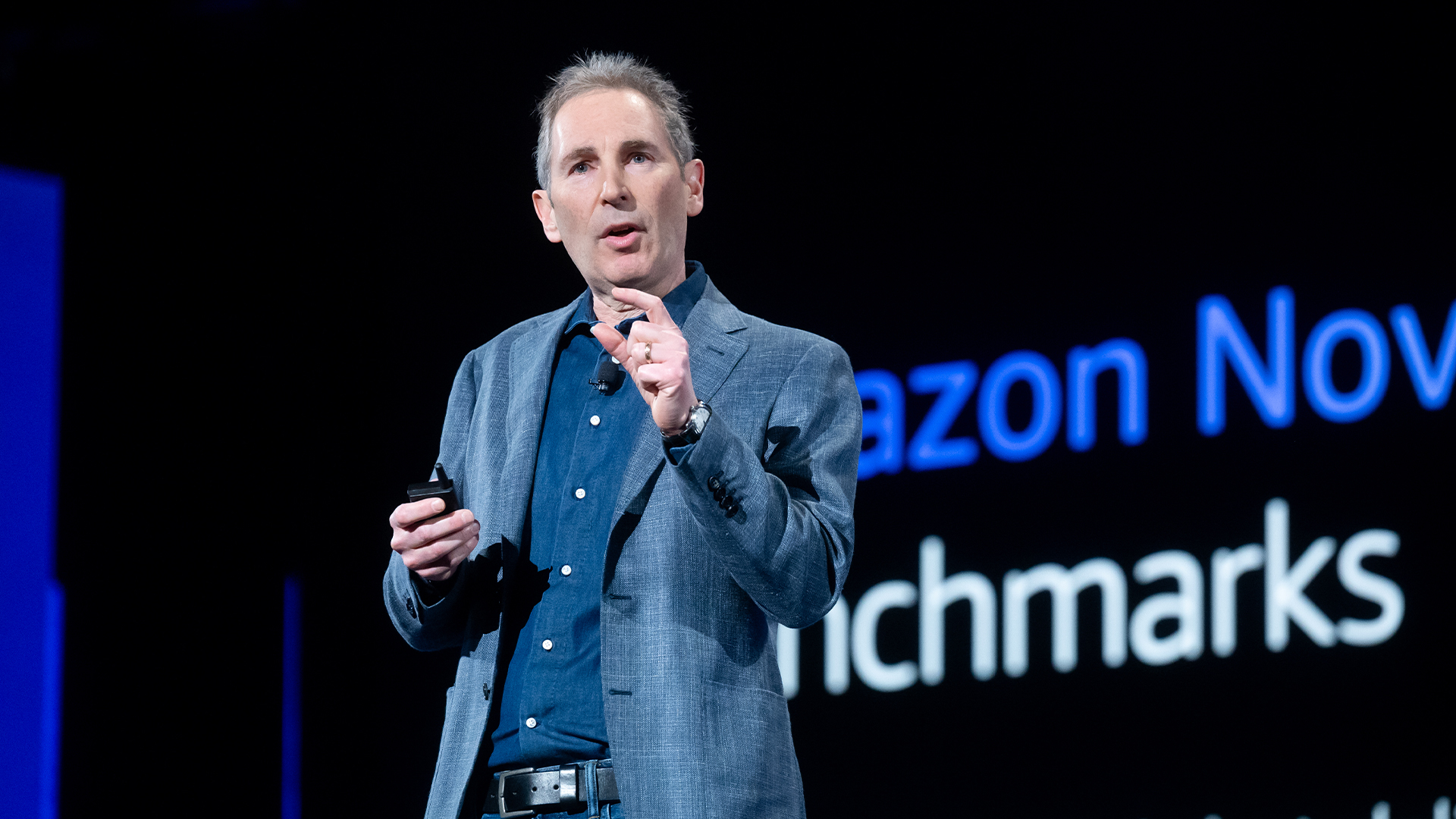 Amazon is cutting 14,000 roles in a bid to ‘operate like the world's largest startup’
Amazon is cutting 14,000 roles in a bid to ‘operate like the world's largest startup’News The layoffs at Amazon mark the latest in a string of cuts in recent years
-
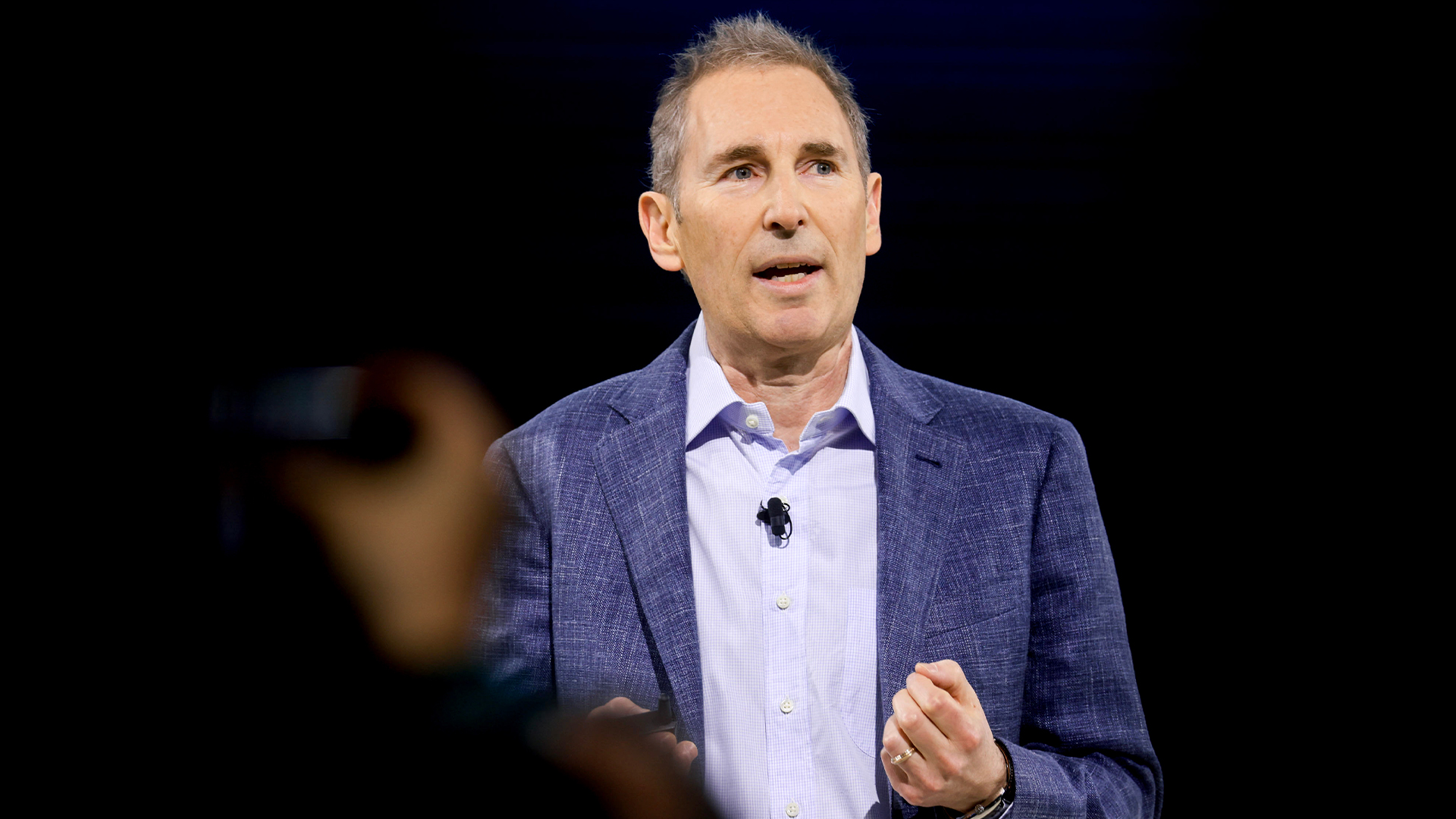 ‘Lean into it’: Amazon CEO Andy Jassy thinks enterprises need to embrace AI to avoid being left behind – even if that means fewer jobs in the future
‘Lean into it’: Amazon CEO Andy Jassy thinks enterprises need to embrace AI to avoid being left behind – even if that means fewer jobs in the futureNews Amazon CEO Andy Jassy thinks companies need to "lean into" AI and embrace the technology despite concerns over job losses.
-
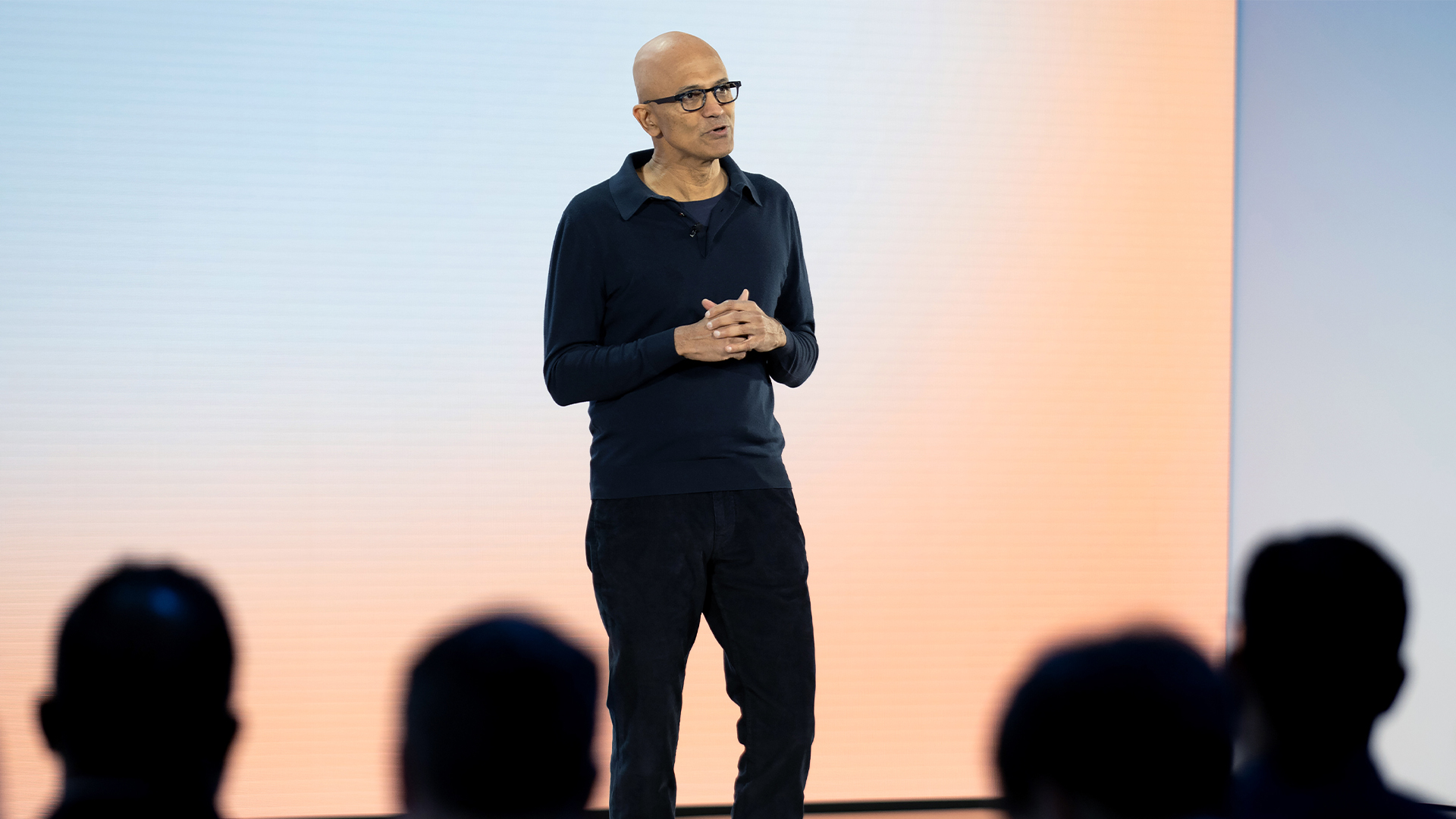 Microsoft workers face a fresh round of layoffs – here’s who could be impacted
Microsoft workers face a fresh round of layoffs – here’s who could be impactedNews Microsoft will cut 6% of its workforce, equivalent to around 6,000 workers, as part of its latest cost-cutting drive.
-
 ‘If you want to look like a flesh-bound chatbot, then by all means use an AI teleprompter’: Amazon banned candidates from using AI tools during interviews – here’s why you should never use them to secure a job
‘If you want to look like a flesh-bound chatbot, then by all means use an AI teleprompter’: Amazon banned candidates from using AI tools during interviews – here’s why you should never use them to secure a jobNews Amazon has banned the use of AI tools during the interview process – and it’s not the only major firm cracking down on the trend.
-
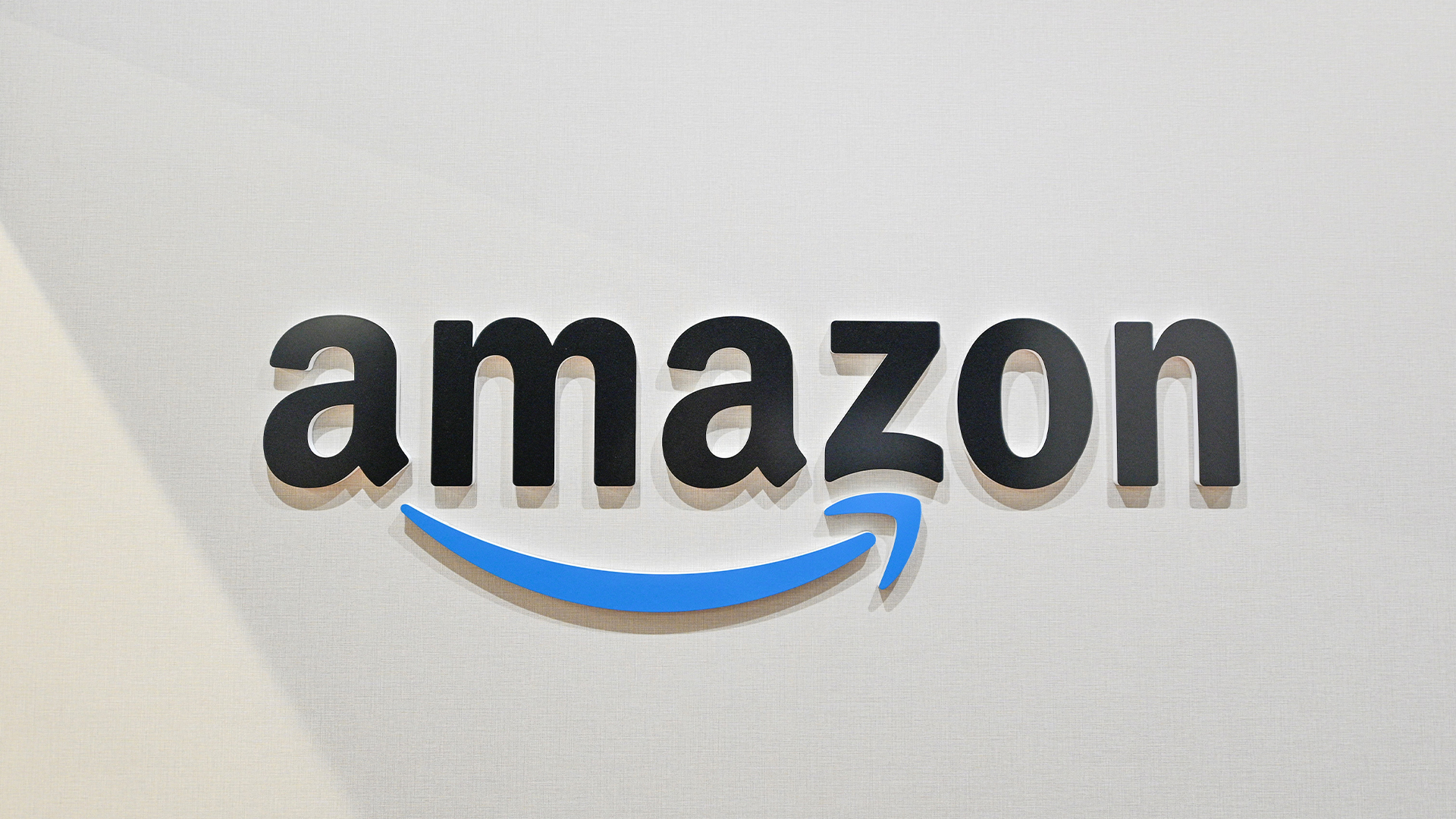 Amazon's RTO mandate could spark a talent exodus
Amazon's RTO mandate could spark a talent exodusNews A survey of Amazon staff suggests plenty remain unhappy about returning to the office next year
-
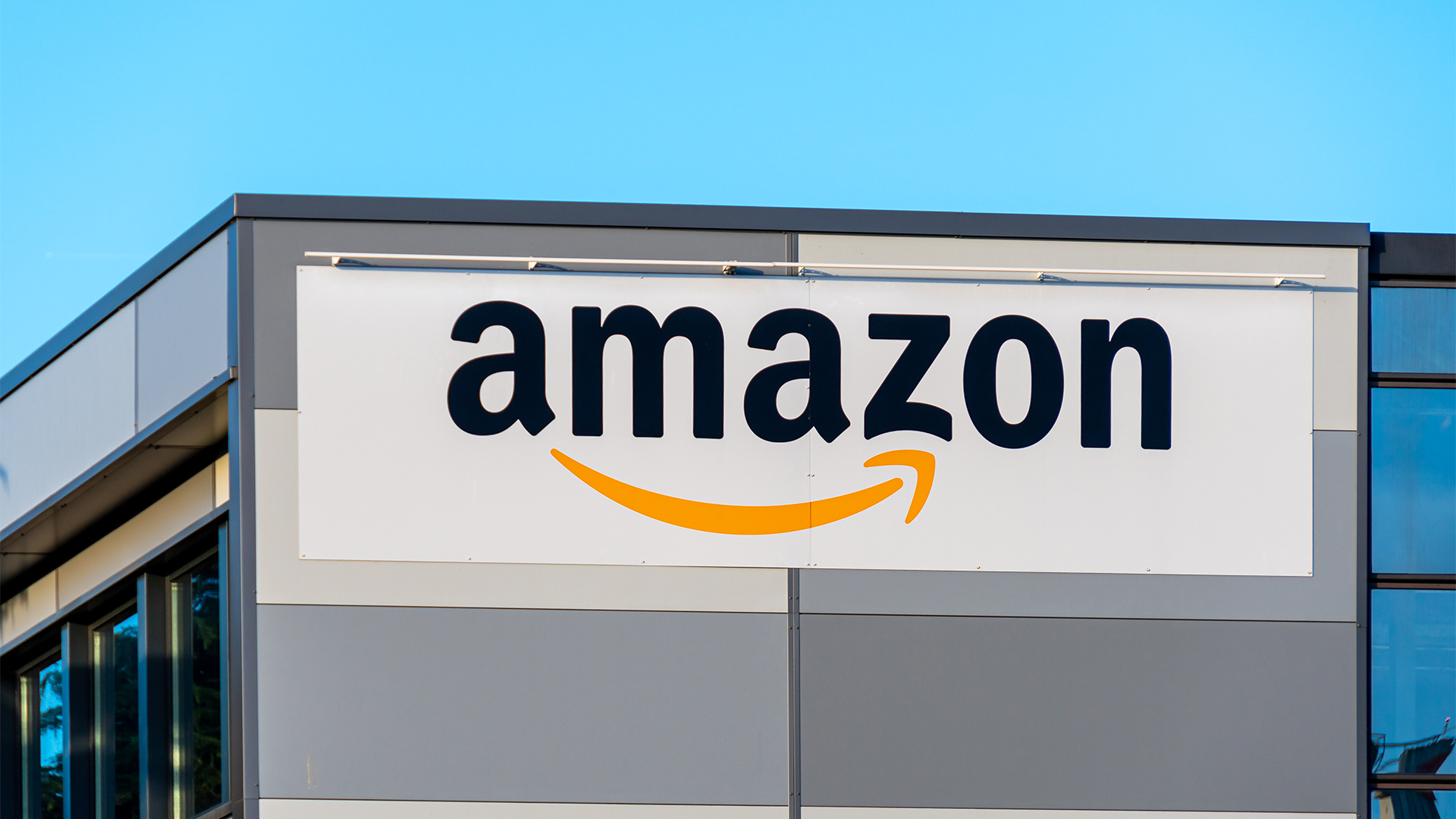 Amazon's RTO mandate just hit a major roadblock – it doesn’t have enough office space
Amazon's RTO mandate just hit a major roadblock – it doesn’t have enough office spaceNews The company has told staff in several locations that it won't have room for them all in time
-
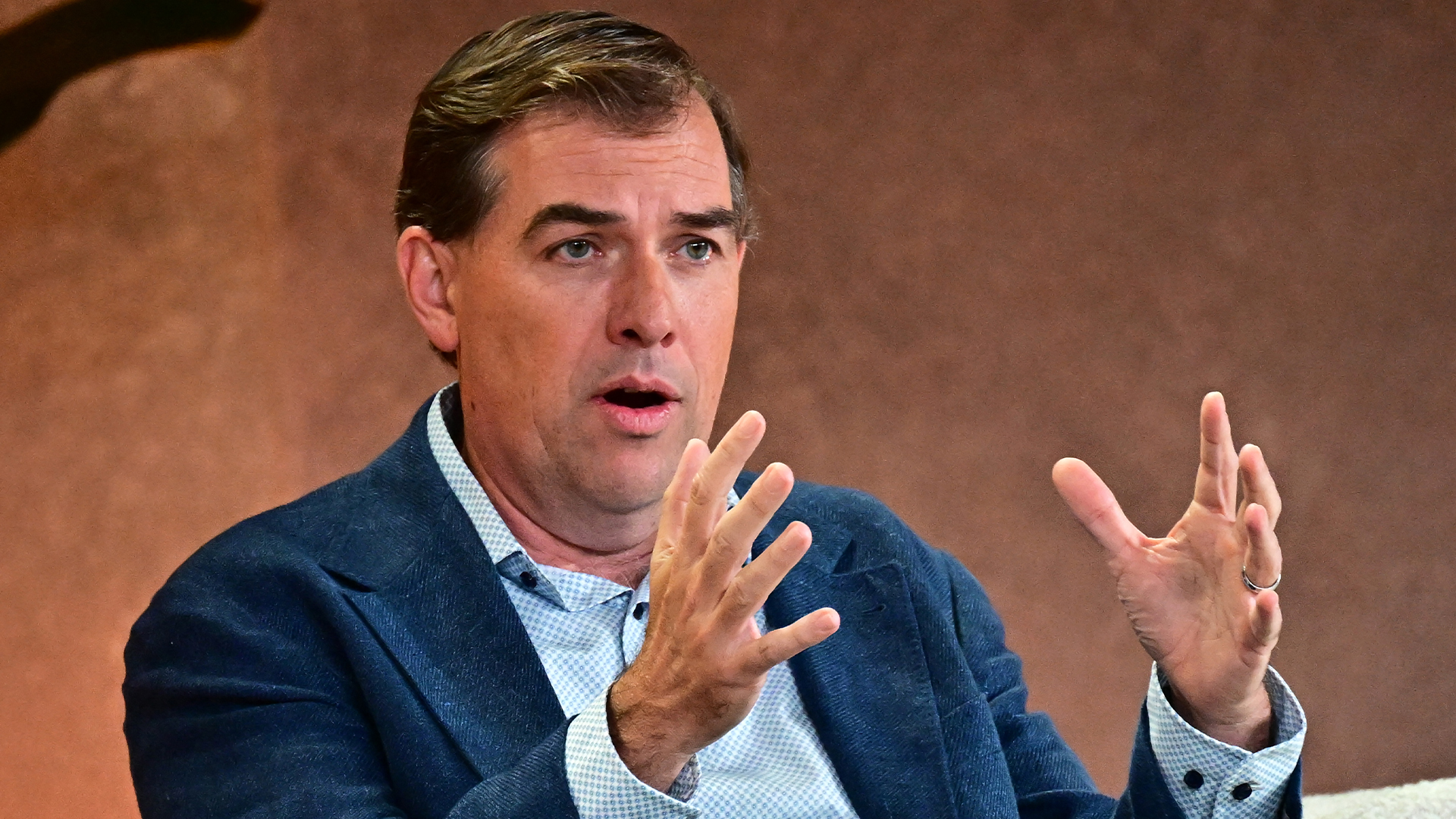 “There are other companies around”: AWS CEO Matt Garman says employees pushing back on RTO mandates should quit
“There are other companies around”: AWS CEO Matt Garman says employees pushing back on RTO mandates should quitNews AWS CEO Matt Garman says employees pushing back on RTO mandates should quit
-
 Business execs just said the quiet part out loud on RTO mandates — A quarter admit forcing staff back into the office was meant to make them quit
Business execs just said the quiet part out loud on RTO mandates — A quarter admit forcing staff back into the office was meant to make them quitNews Companies know staff don't want to go back to the office, and that may be part of their plan with RTO mandates
